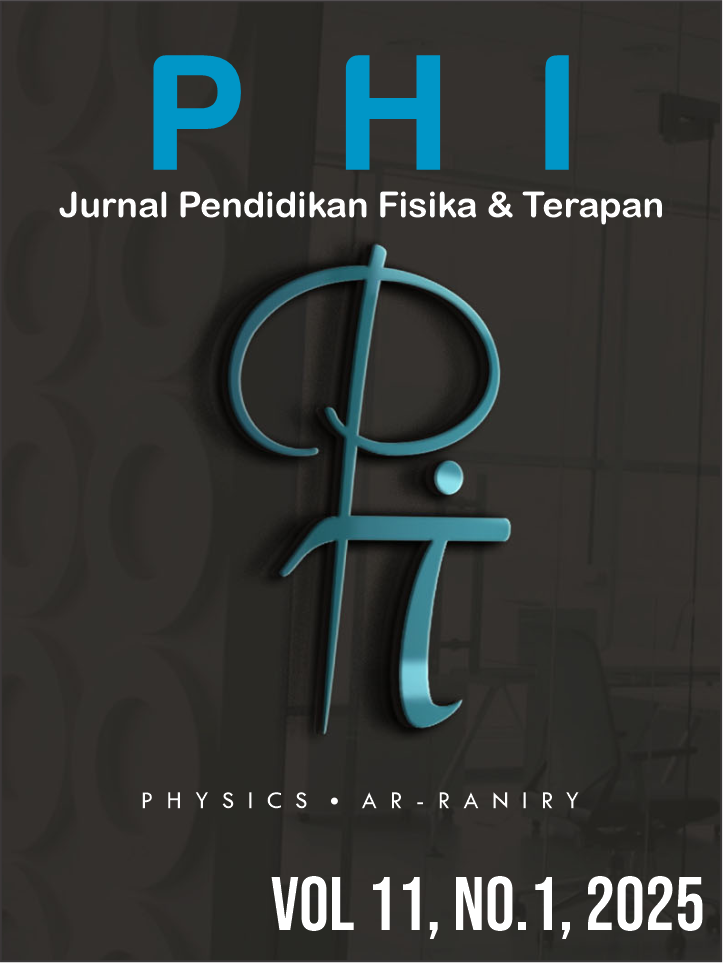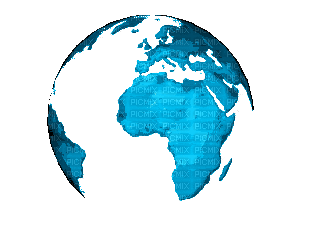ANALYSIS OF SCIENCE TEACHERS' DIFFICULTIES IN IMPLEMENTING THE INDEPENDENT CURRICULUM IN JUNIOR HIGH SCHOOL AND EQUIVALENT IN WEST ACEH DISTRICT
DOI:
https://doi.org/10.22373/p-jpft.v11i1.28165Keywords:
Difficulties, Implementation, Independent CurriculumAbstract
The independent learning curriculum is implemented in 2021/2022 and not all schools have implemented this independent curriculum so that there are still few references, especially at the junior high school level. Physics teachers in implementing the Independent Curriculum at SMPN 1 Susoh Aceh Barat Daya, SMPN 3 Susoh Aceh Barat Daya, and MTsN 1 Aceh Barat Daya face obstacles, namely teachers do not have experience with the concept of the Independent Learning Curriculum. This study aims to find out what are the difficulties of science teachers in implementing the independent curriculum and how science teachers overcome them in implementing the independent curriculum. This study uses a descriptive research method with a qualitative research method approach. The results of the study indicate that the difficulties of science teachers in implementing the independent curriculum that occur in the application of Physics subjects at SMPN 1 Susoh Aceh Barat Daya, SMPN 3 Susoh Aceh Barat Daya, and MTsN 1 Aceh Barat Daya are in planning, implementing learning and assessment. Science teachers' efforts to overcome this include attending meetings with (KKG), attending training, coordinating with fellow teachers, teachers do not require students to memorize but must understand the material, teachers write the material on the board and make student worksheets, students take notes, continue class projects at home, look for references on assessments and attend training on implementing the Independent Learning Curriculum.References
Badan Standar. 2022. Kurikulum, dan Asesmen Pendidikan Kementrian Pendidikan, Kebudayaan, Riset dan Teknologi Republik Indonesia: Panduan Pembelajaran dan Asesmen Pendidikan Anak Usia Dini, Pendidikan Dasar dan Menengah,. Jakarta: Kementrian Pendidikan, Riset, Kebudayaan, dan Teknologi.
Hartoyo, Agung, dan Dewi Rahmadayanti. 2022. “Potret Kurikulum Merdeka, Wujud Merdeka Belajar di Sekolah Dasar.” Jurnal Basicedu 5(4):2247–55.
Irawati, Dini, Aji Muhamad Iqbal, Aan Hasanah, dan Bambang Syamsul Arifin. 2022. “Profil Pelajar Pancasila Sebagai Upaya Mewujudkan Karakter Bangsa.” Edumaspul: Jurnal Pendidikan 6(1):1224–38. doi: 10.33487/edumaspul.v6i1.3622.
Lexy J Moleong. 2006. Metodologi Penelitian Kualitatif. Bandung: Remaja Rosdakarya.
Muh. Fitrah Luthfiyah. 2017. Metodelogi Penelitian; Penelitian Kualitatif, Tindakan Kelas & Studi Kasus.
Sukabumi: Jejak.
Mulyasa. 2021. Menjadi Guru Penggerak Merdeka Belajar. Bandung: Bumi Aksara.
Nugraha, Tono Supriatna. 2022. “Kurikulum Merdeka untuk pemulihan krisis pembelajaran.” Inovasi Kurikulum 19(2):251–62. doi: 10.17509/jik.v19i2.45301.
Observasi, guru mata pelajaran Fisika di SMPN 1 Susoh Aceh Barat Daya, SMPN 3 Susoh Aceh Barat Daya, dan MTsN 1 Aceh Barat Daya 26-28 November 2024
Rusydi Ananda. 2019. Perencanaan Pembelajaran,. Medan: Lembaga Peduli Pengembangan Pendidikan Indonesia (lpppi).
Wawancara dengan bapak Najjar Elisaputra, S.Pd guru mata pelajaran Fisika di SMPN 1 Susoh Aceh Barat Daya 26 November 2024 pukul 08.10 WIB
Wawancara dengan ibu Afrizah, S. Ag. selaku guru mata pelajaran Fisika di MTsN Aceh Barat Daya 26 November 2024 pukul 10.30 WIB.
Wawancara dengan ibu Dessy Masyithah, S.Pd guru mata pelajaran Fisika di SMPN 3 Susoh Aceh Barat Daya 28 November 2024 pukul 10.05 WIB.
Downloads
Published
Issue
Section
License
Authors who publish with Jurnal Phi agree to the following terms:
- Authors retain copyright and grant the journal right of first publication with the work simultaneously licensed under a Creative Commons Attribution License (CC BY 4.0) that allows others to share the work with an acknowledgment of the work's authorship and initial publication in this journal.
- Authors are able to enter into separate, additional contractual arrangements for the non-exclusive distribution of the journal's published version of the work (e.g., post it to an institutional repository or publish it in a book), with an acknowledgment of its initial publication in this journal.
- Authors are permitted and encouraged to post their work online (e.g., in institutional repositories or on their website) prior to and during the submission process, as it can lead to productive exchanges, as well as earlier and greater citation of published work (See The Effect of Open Access).

















